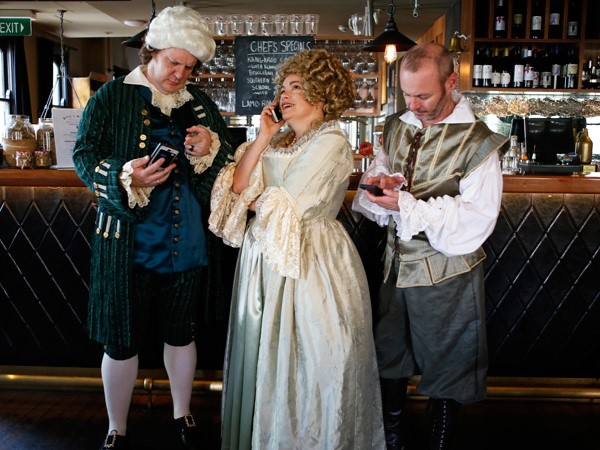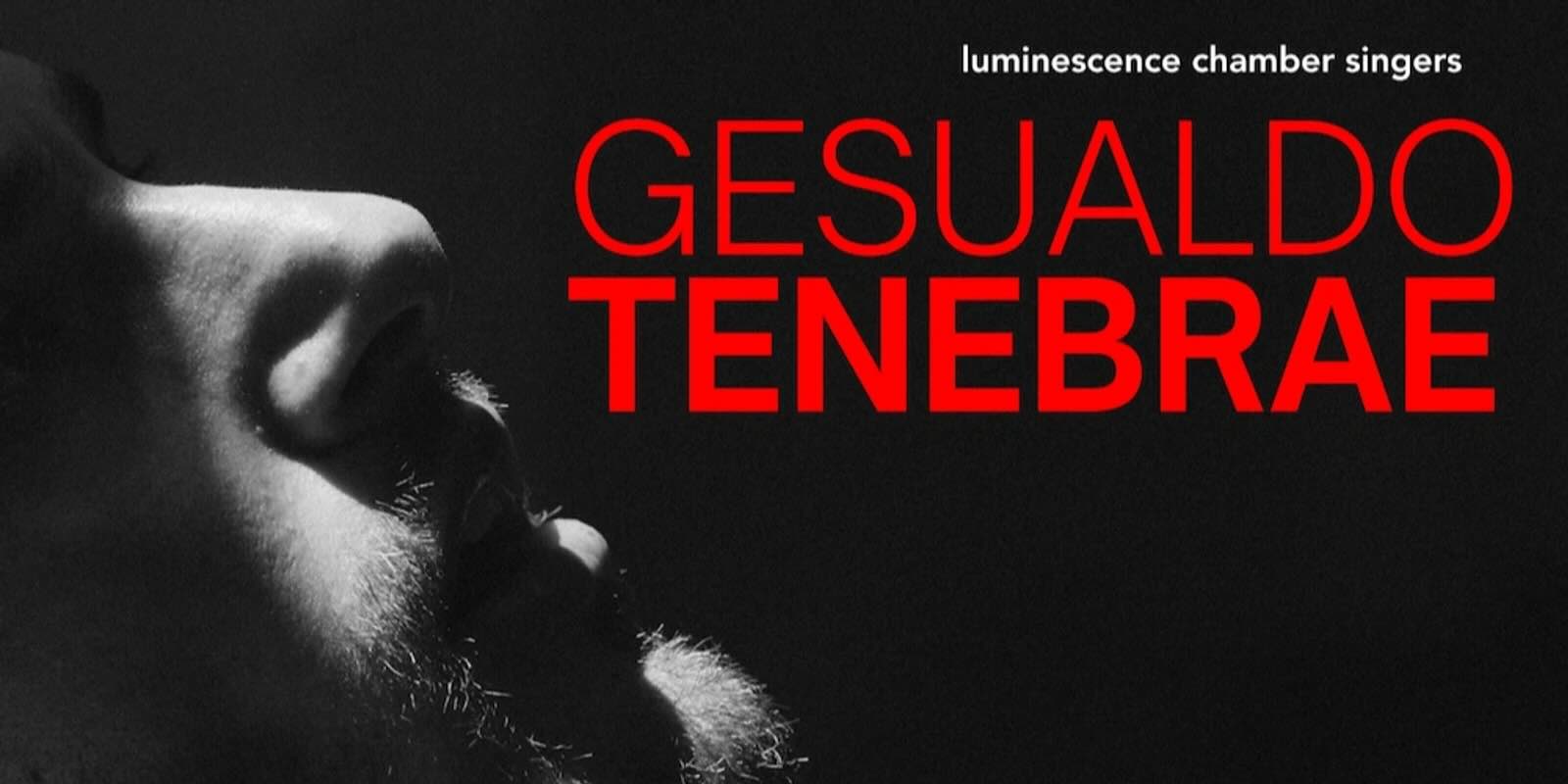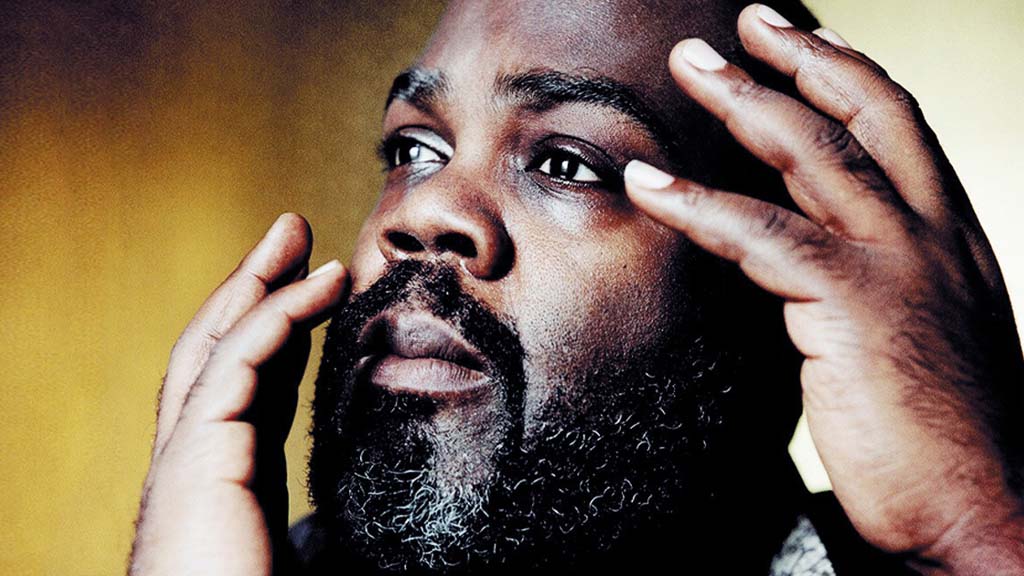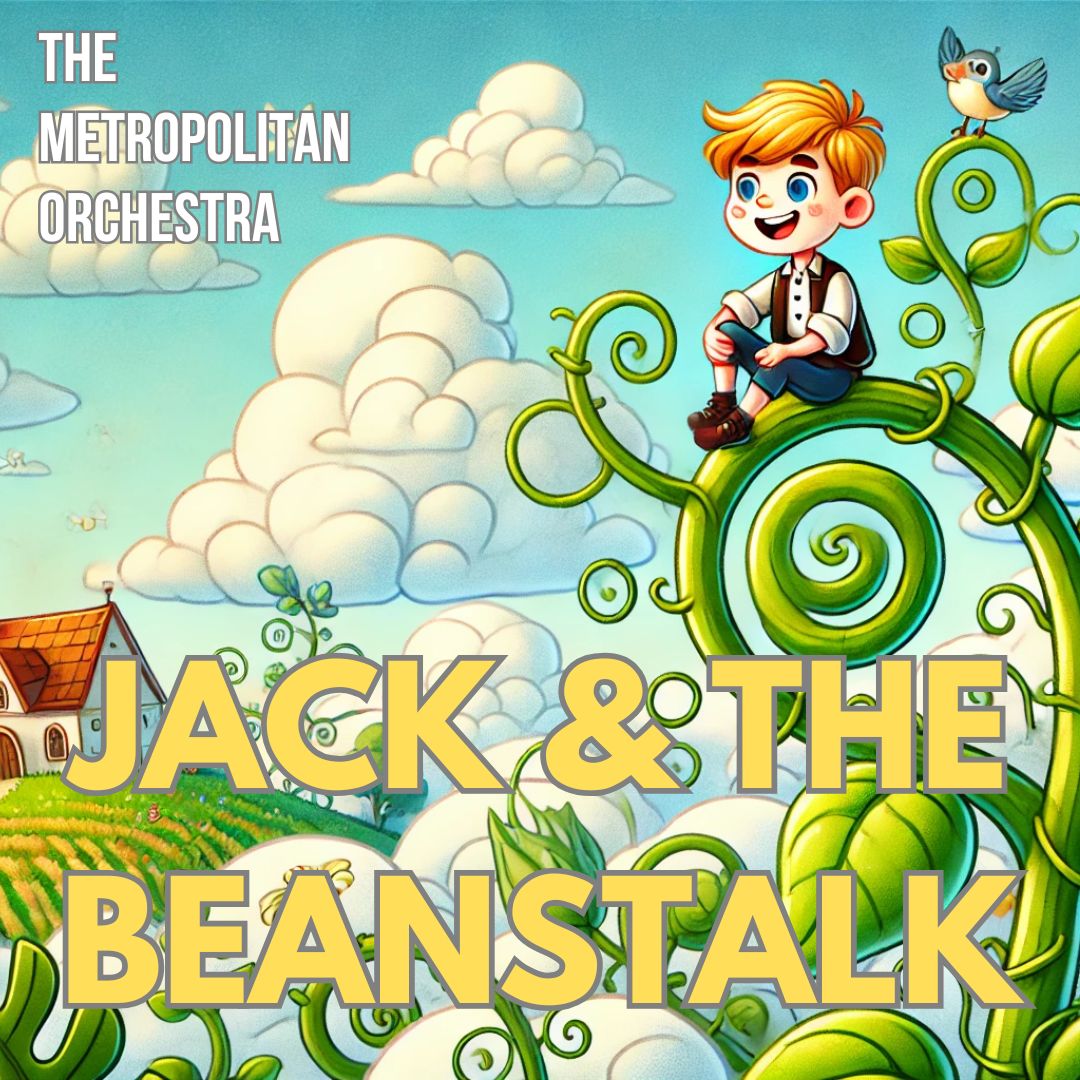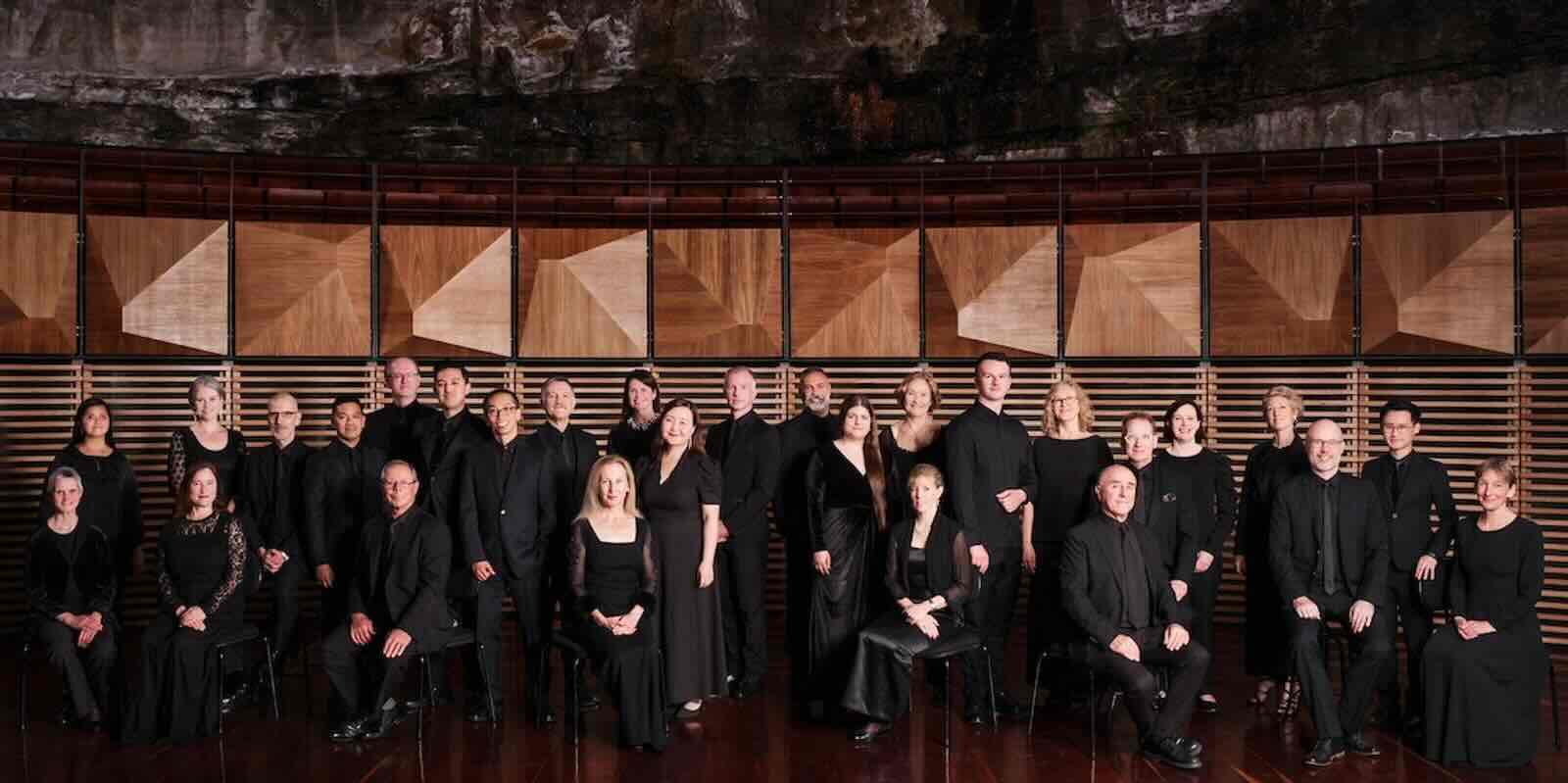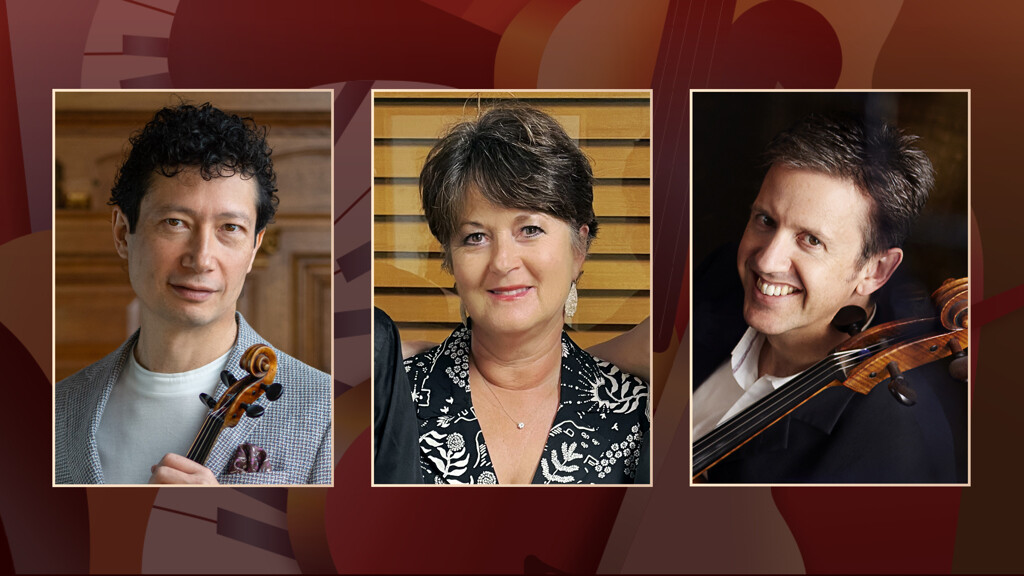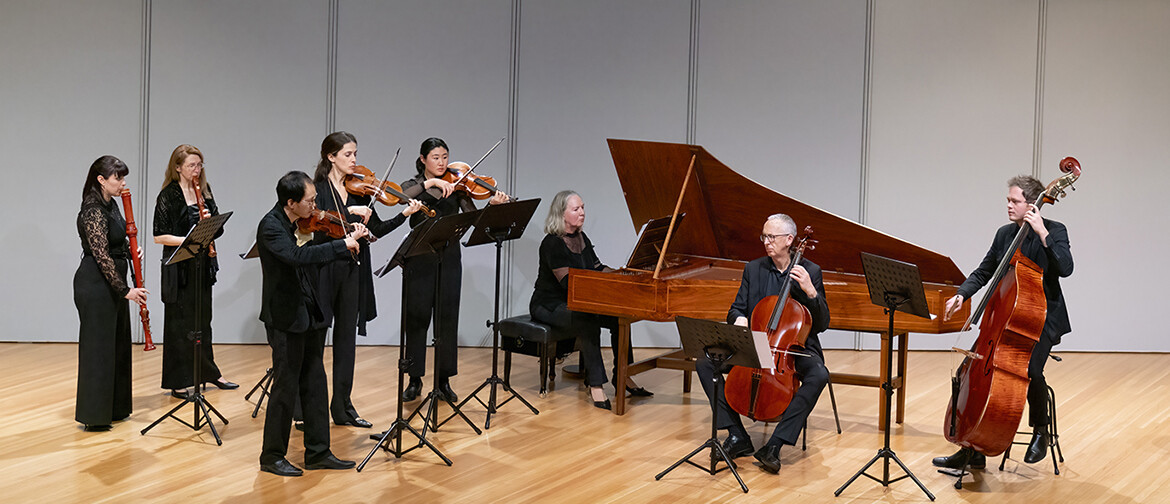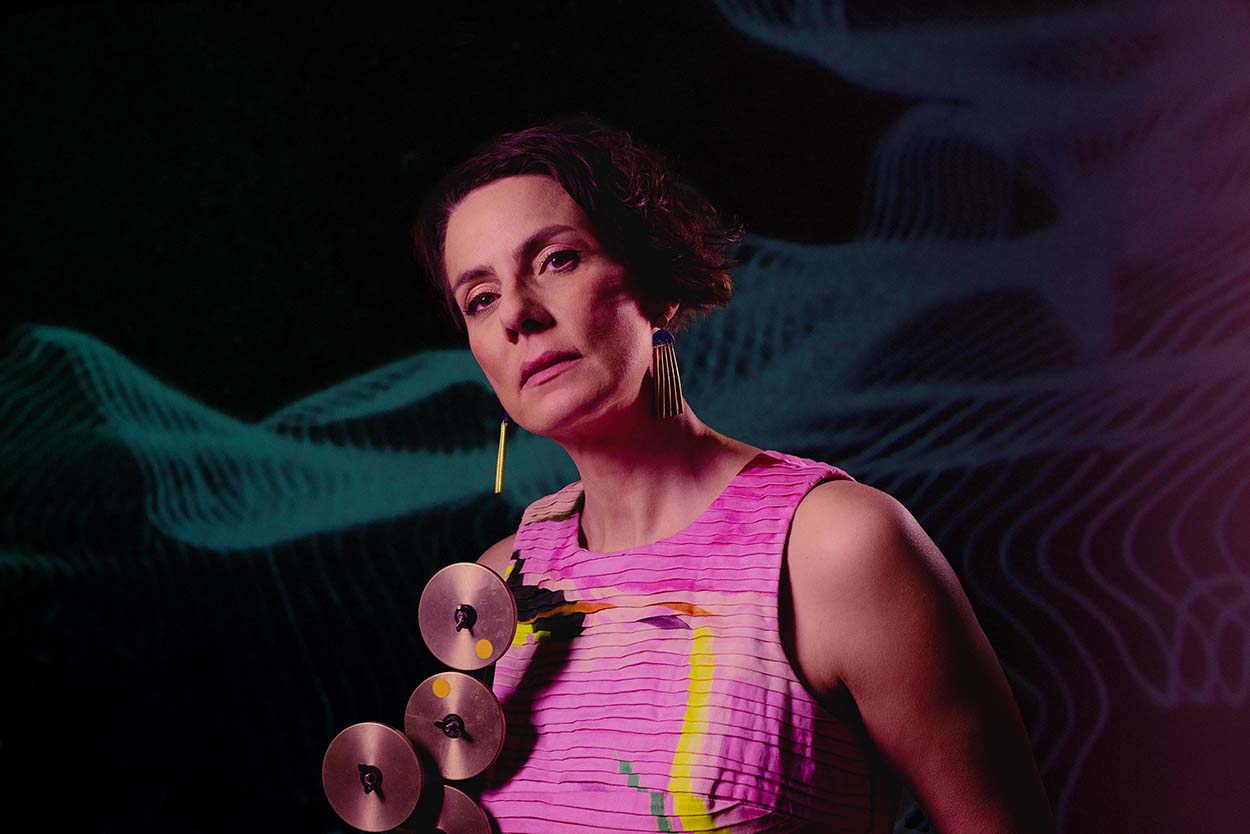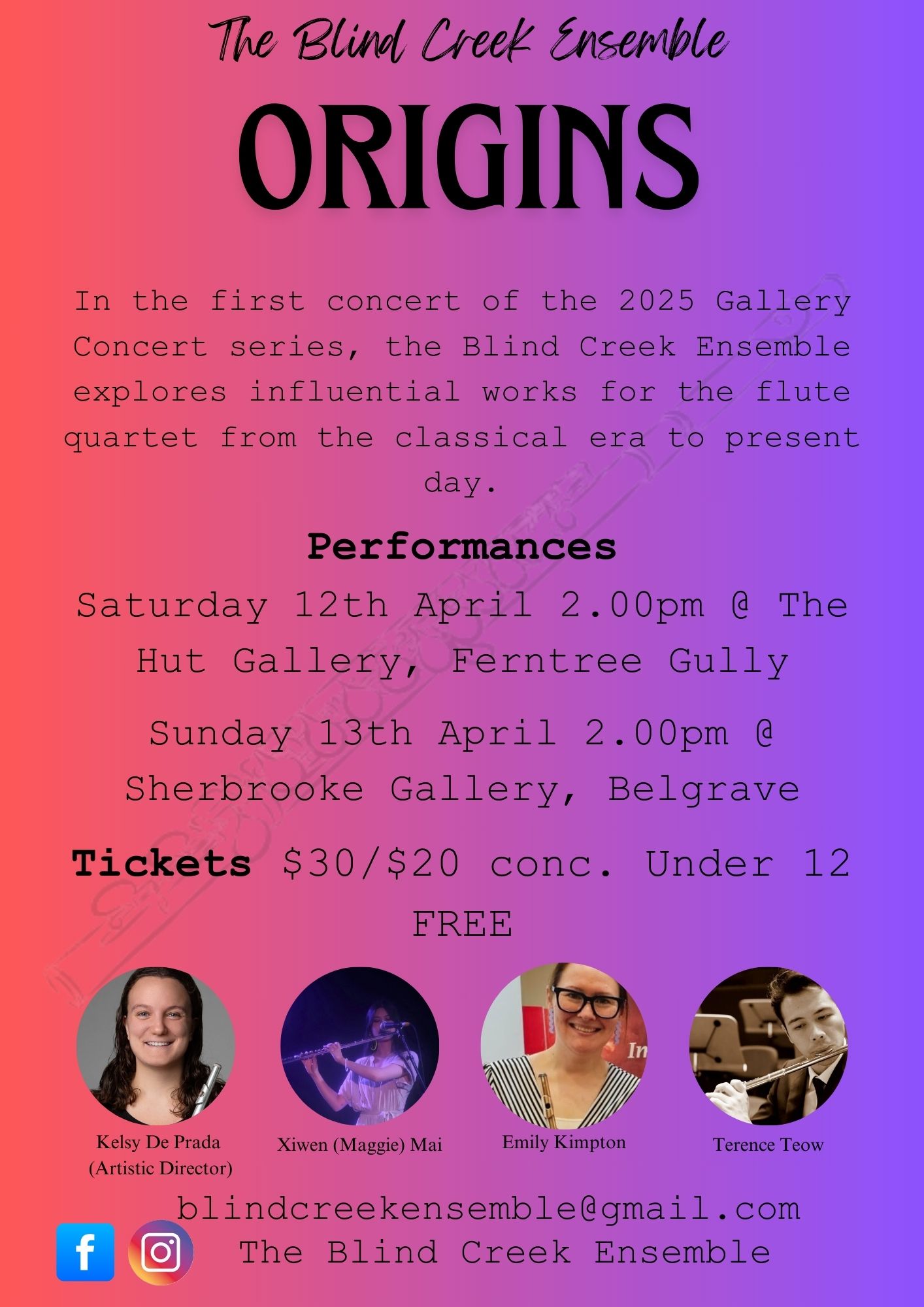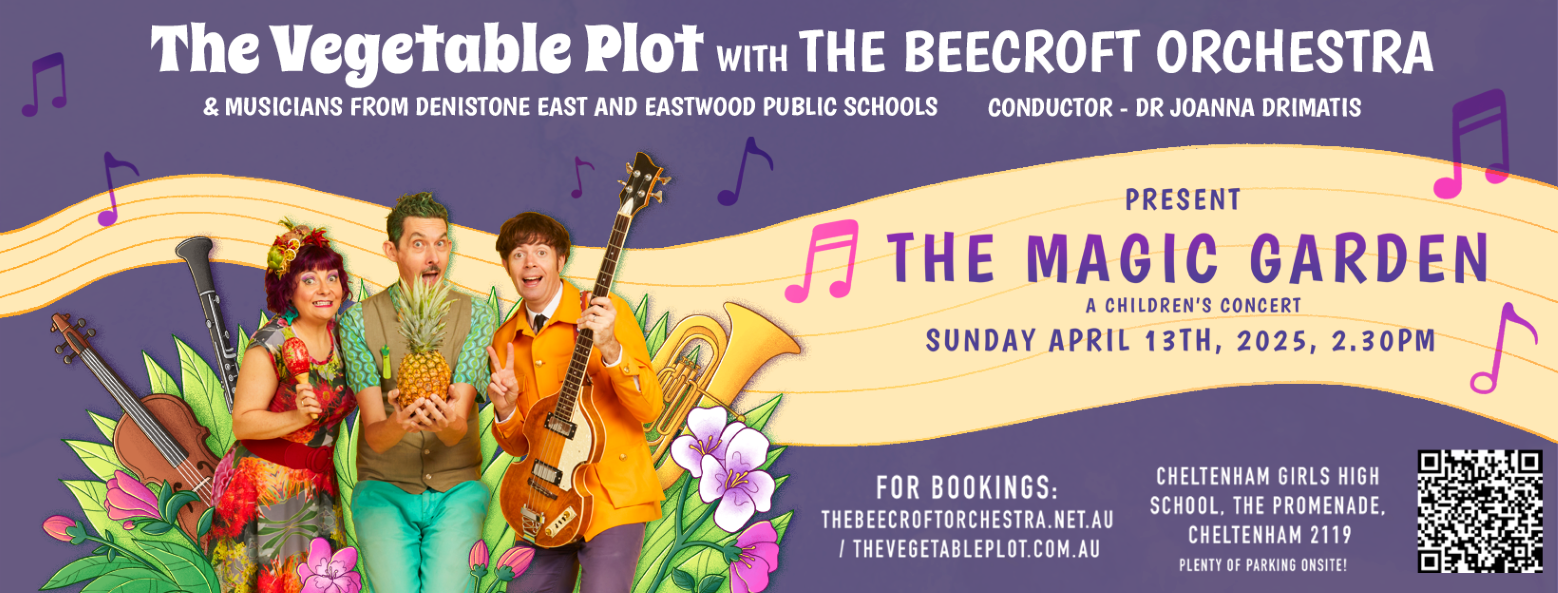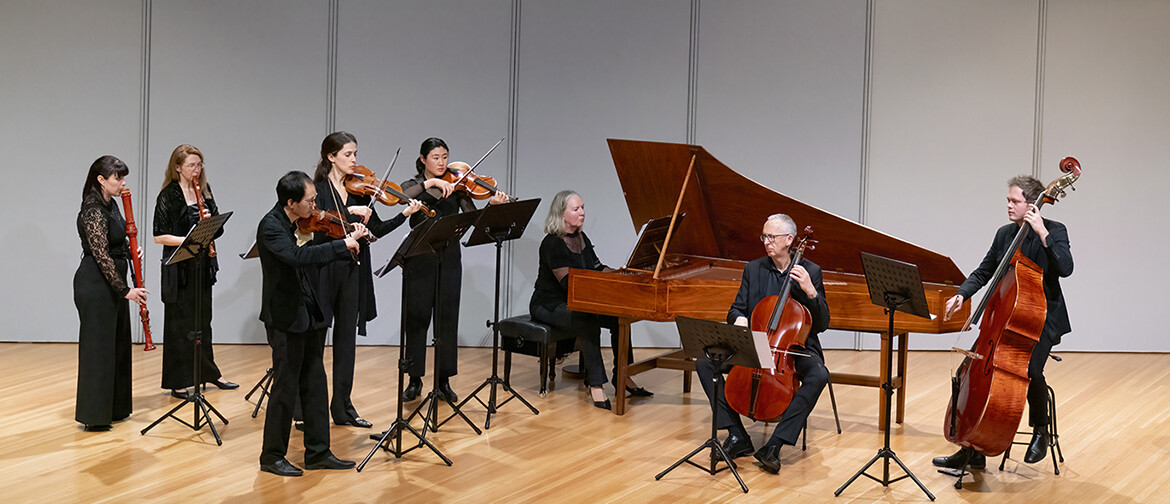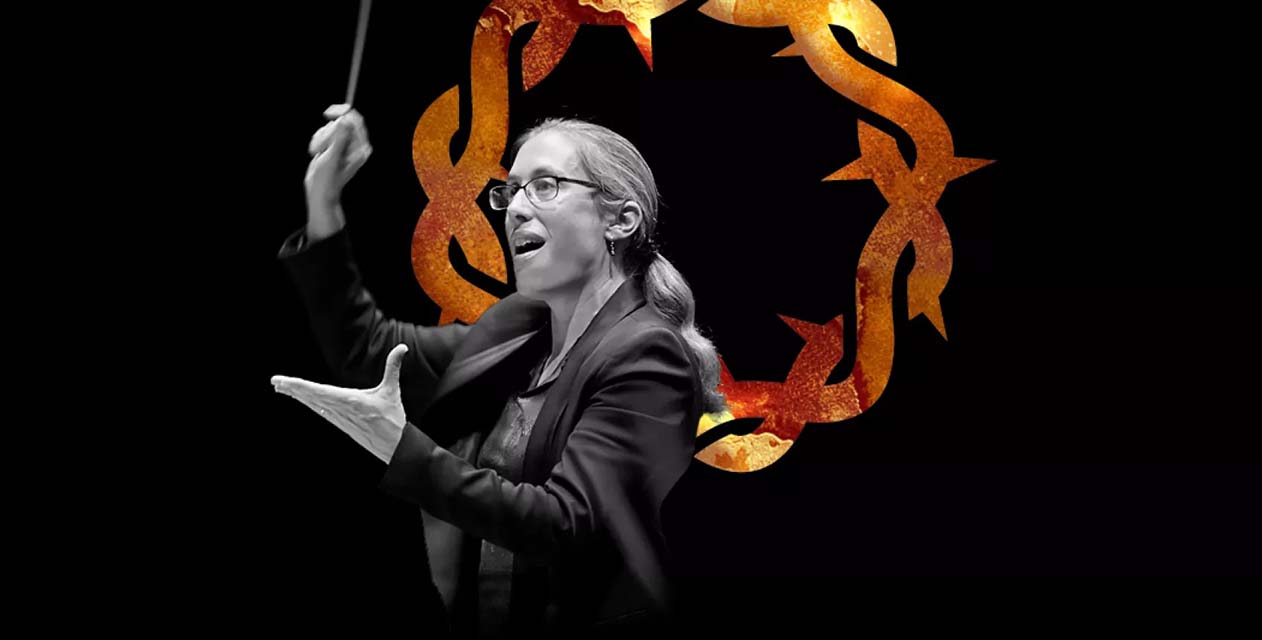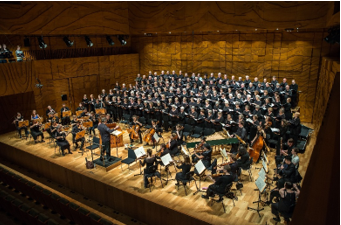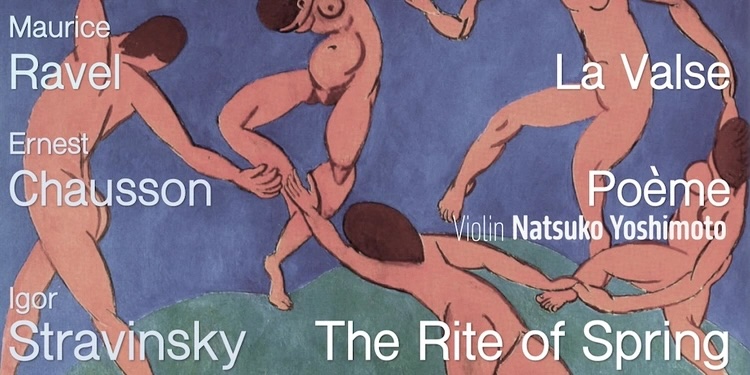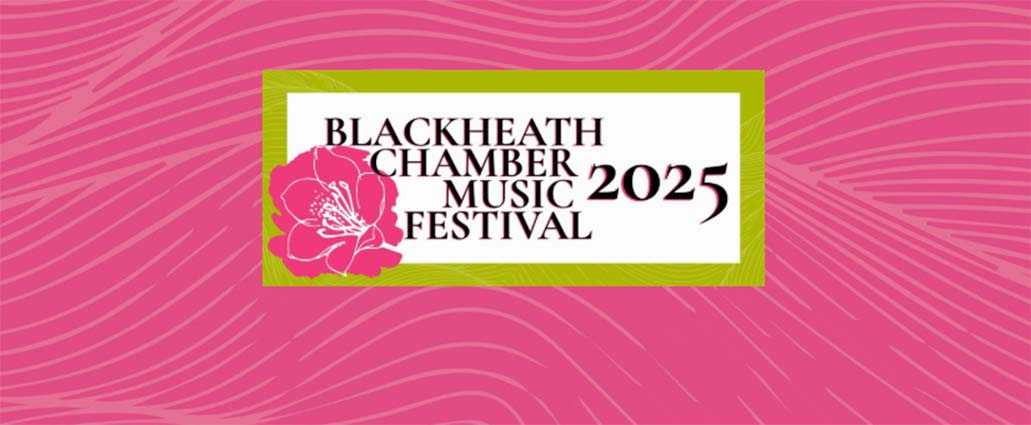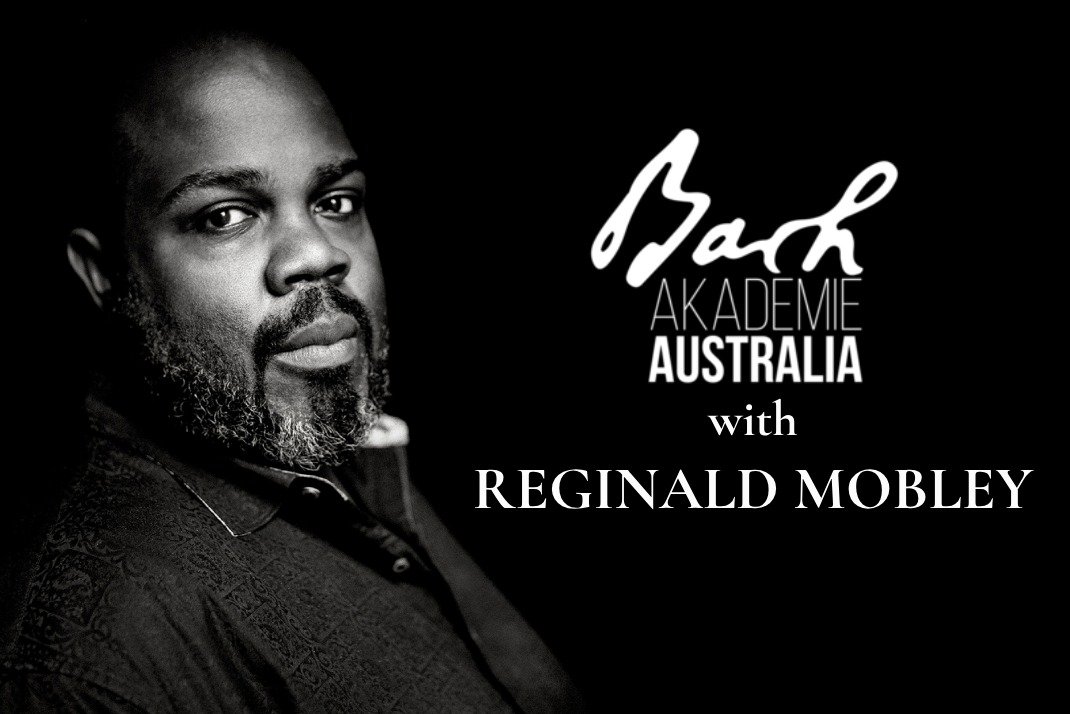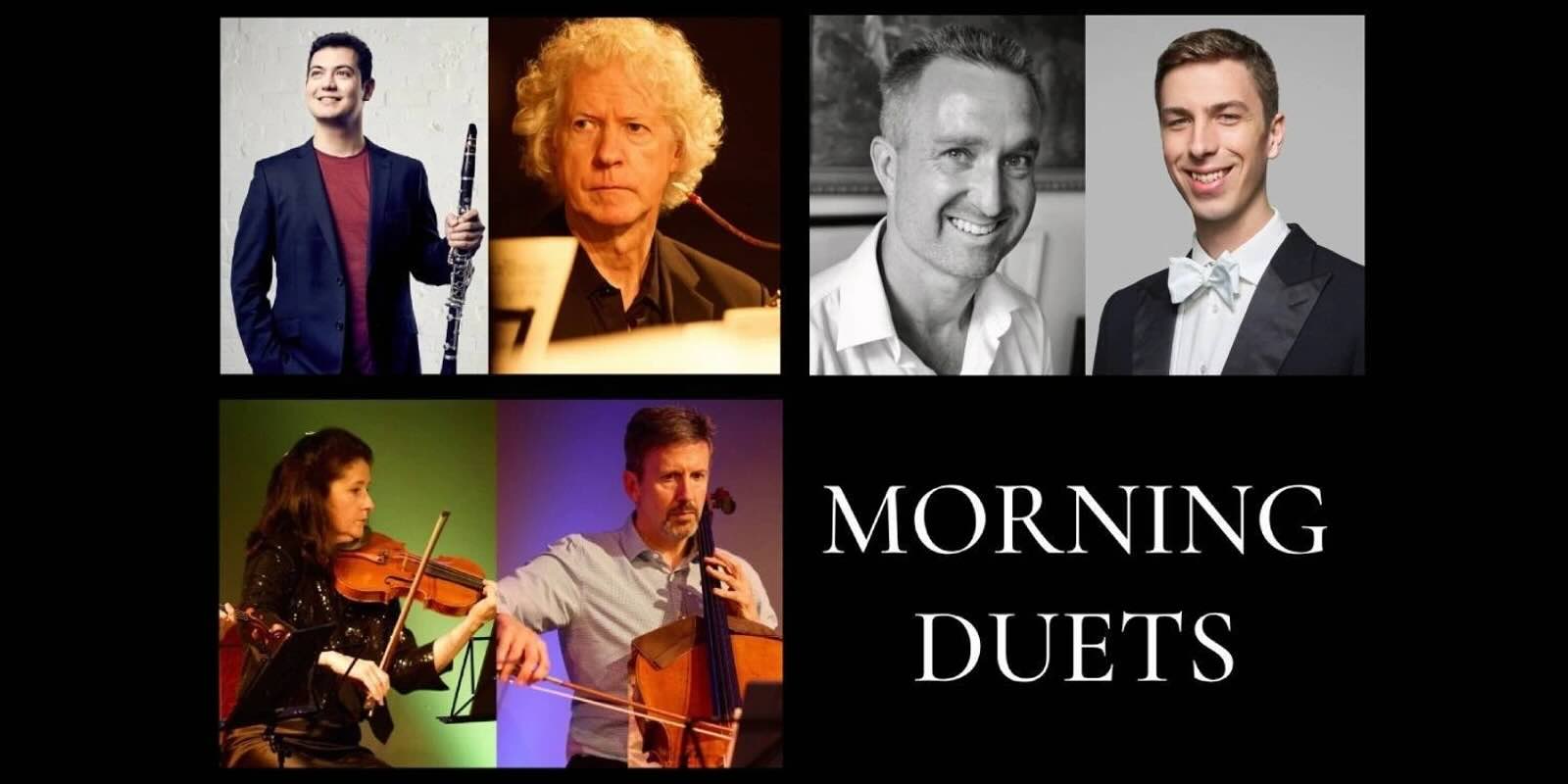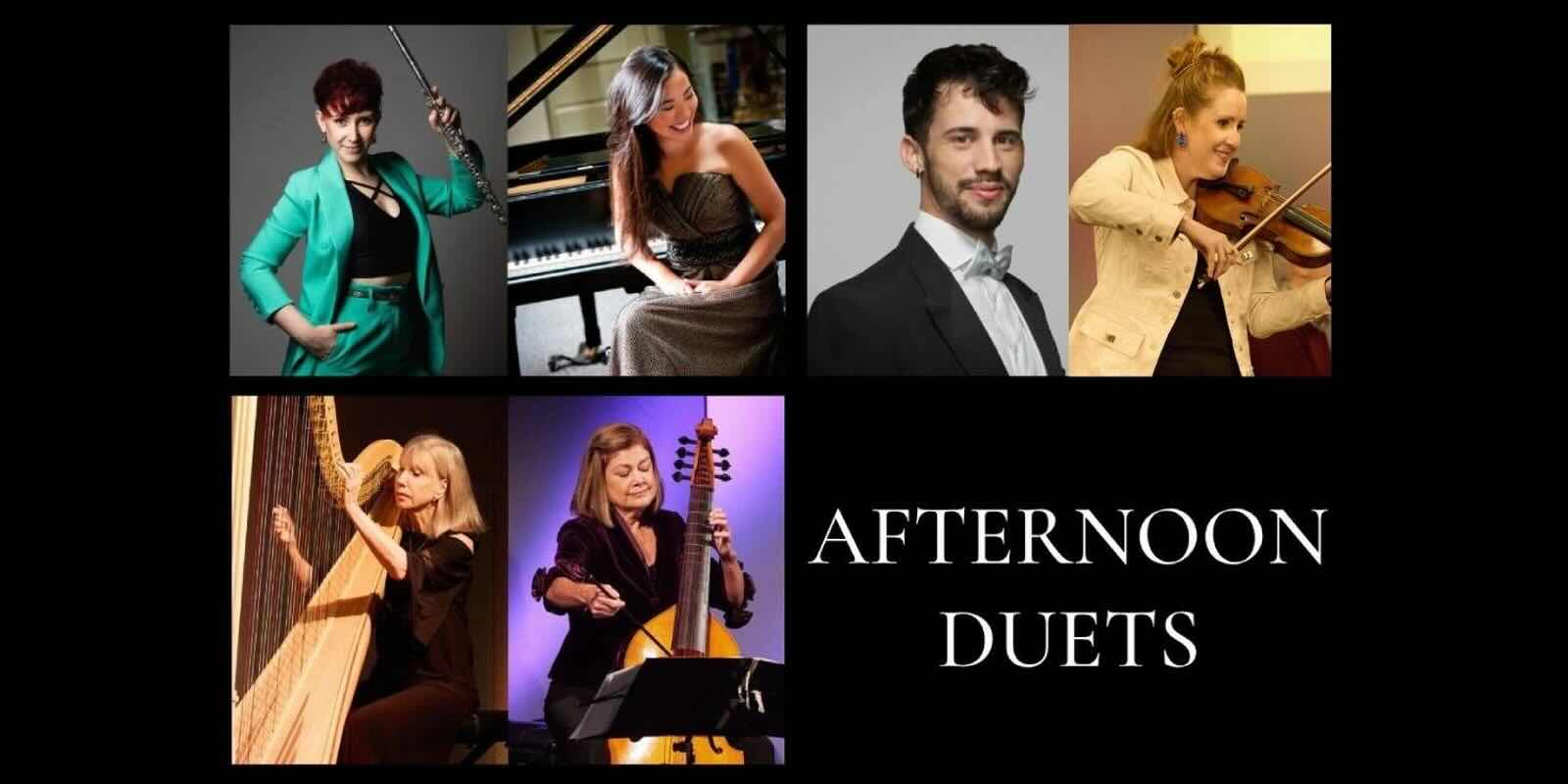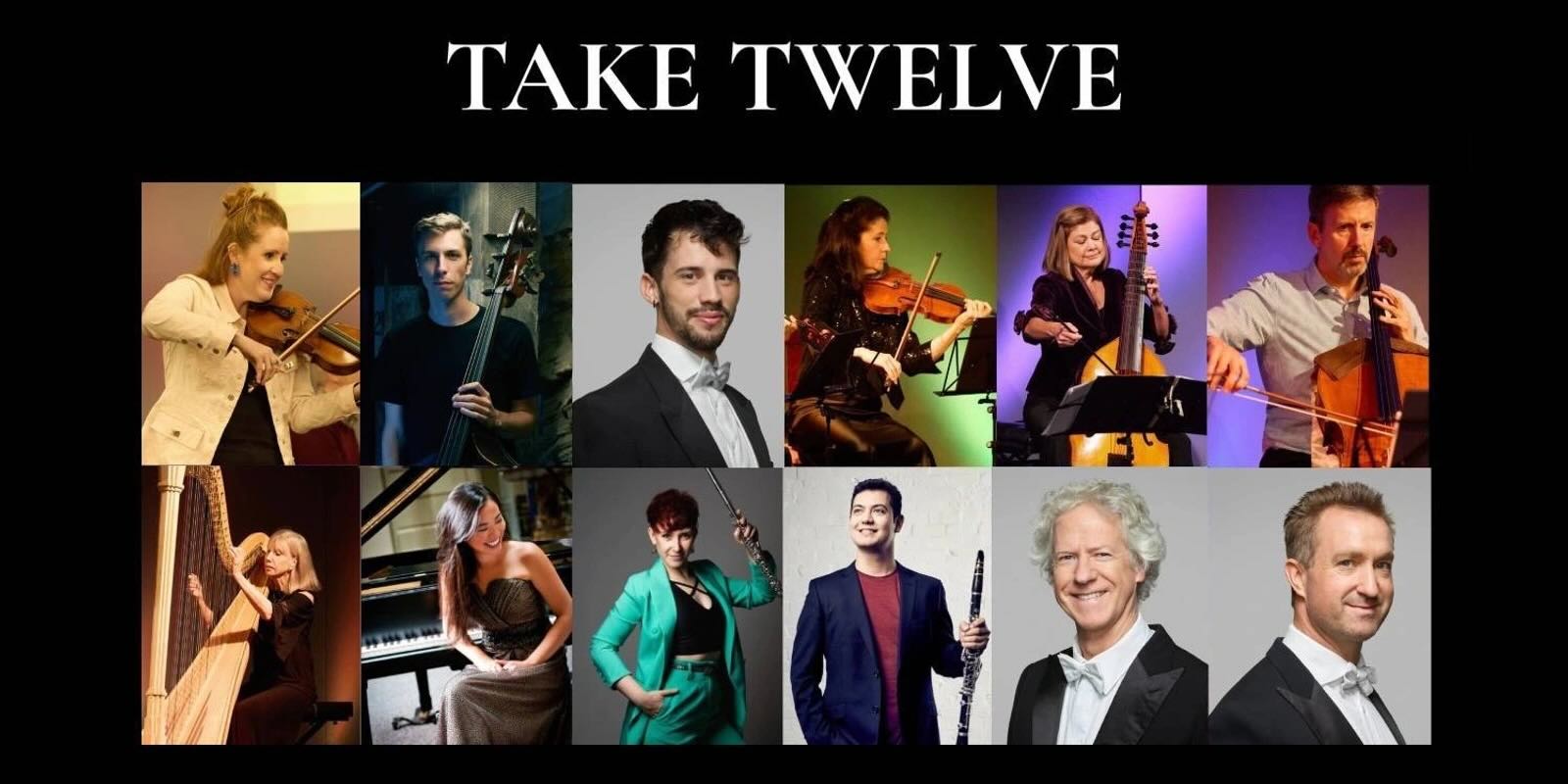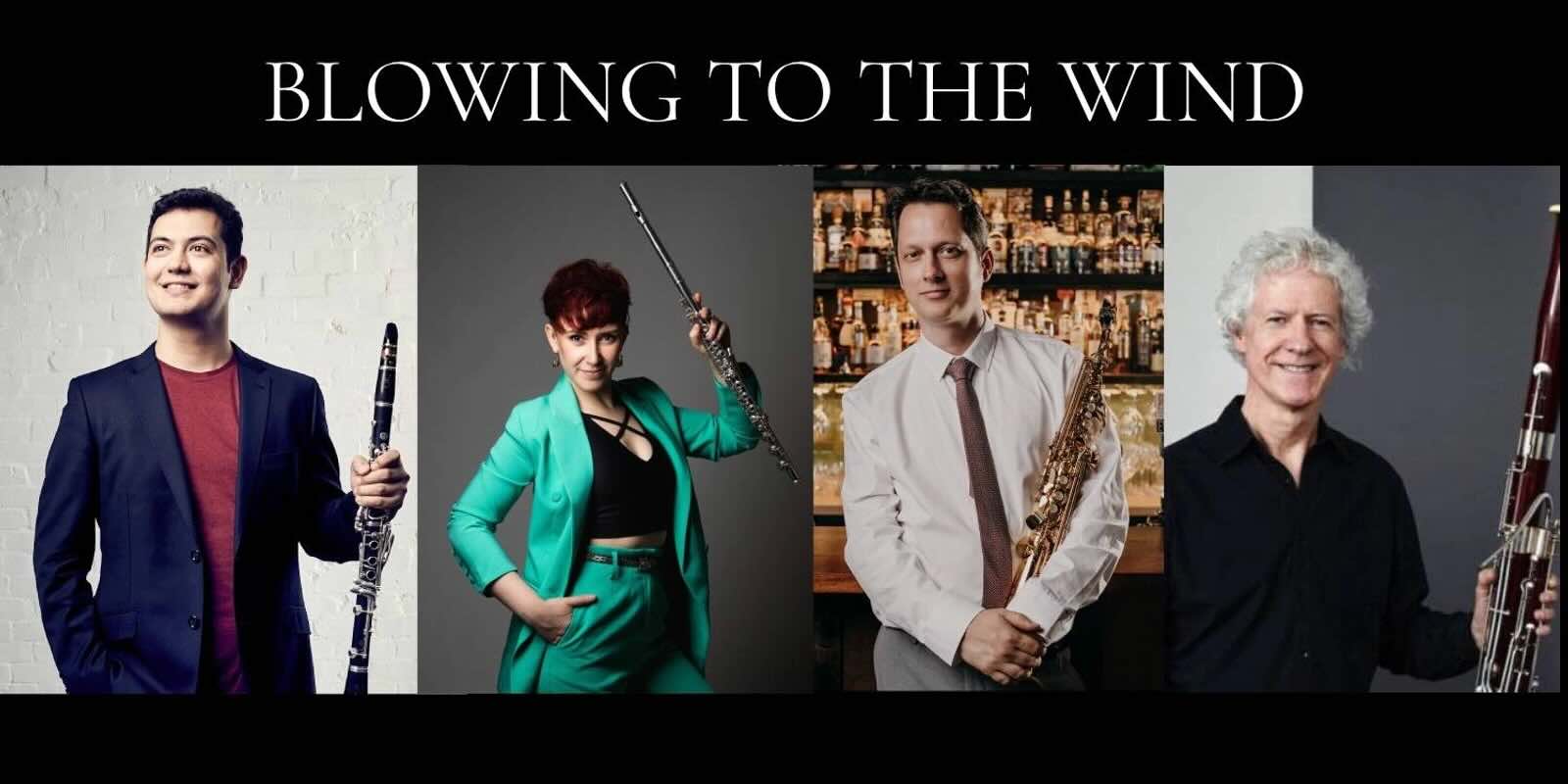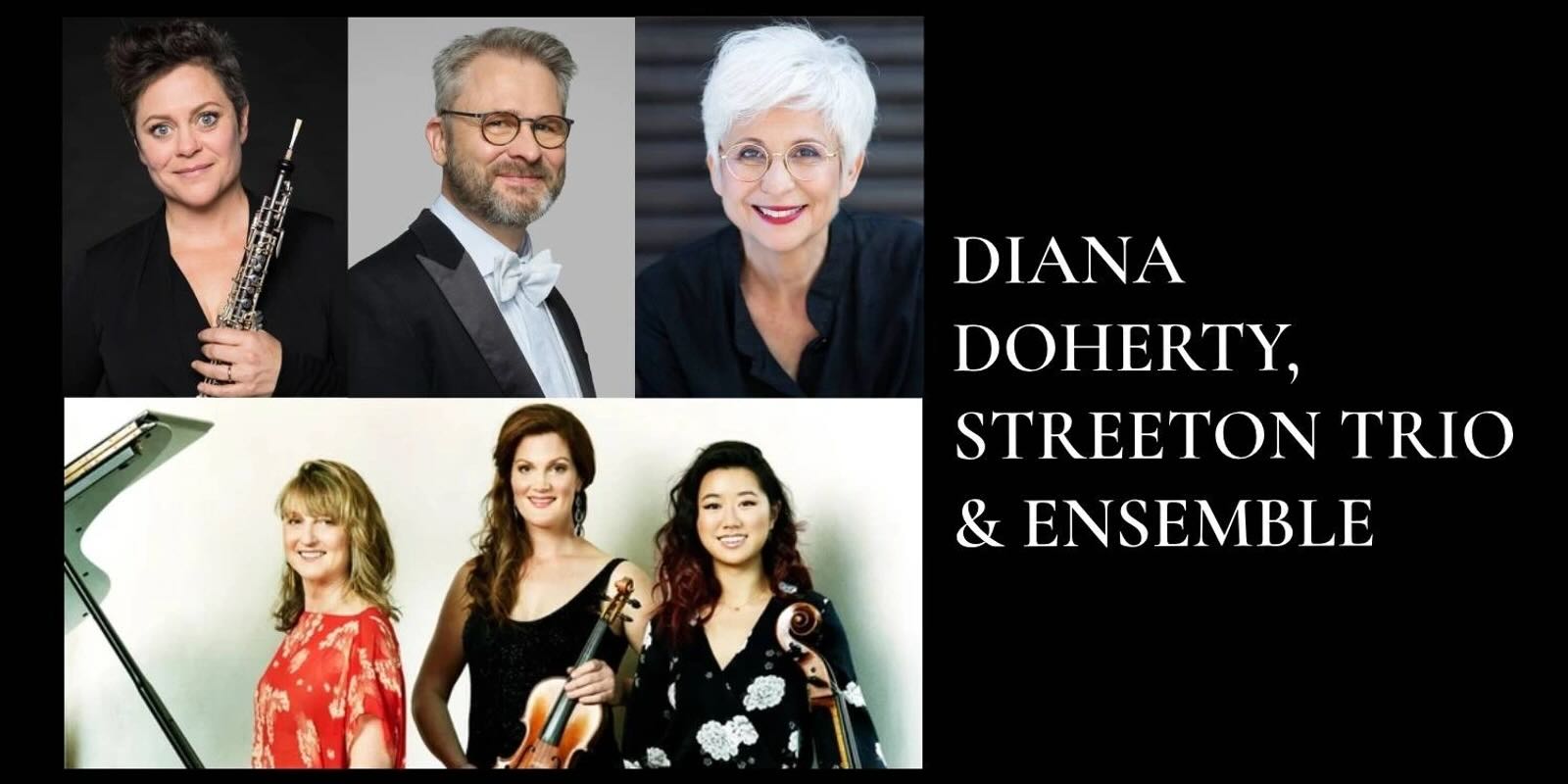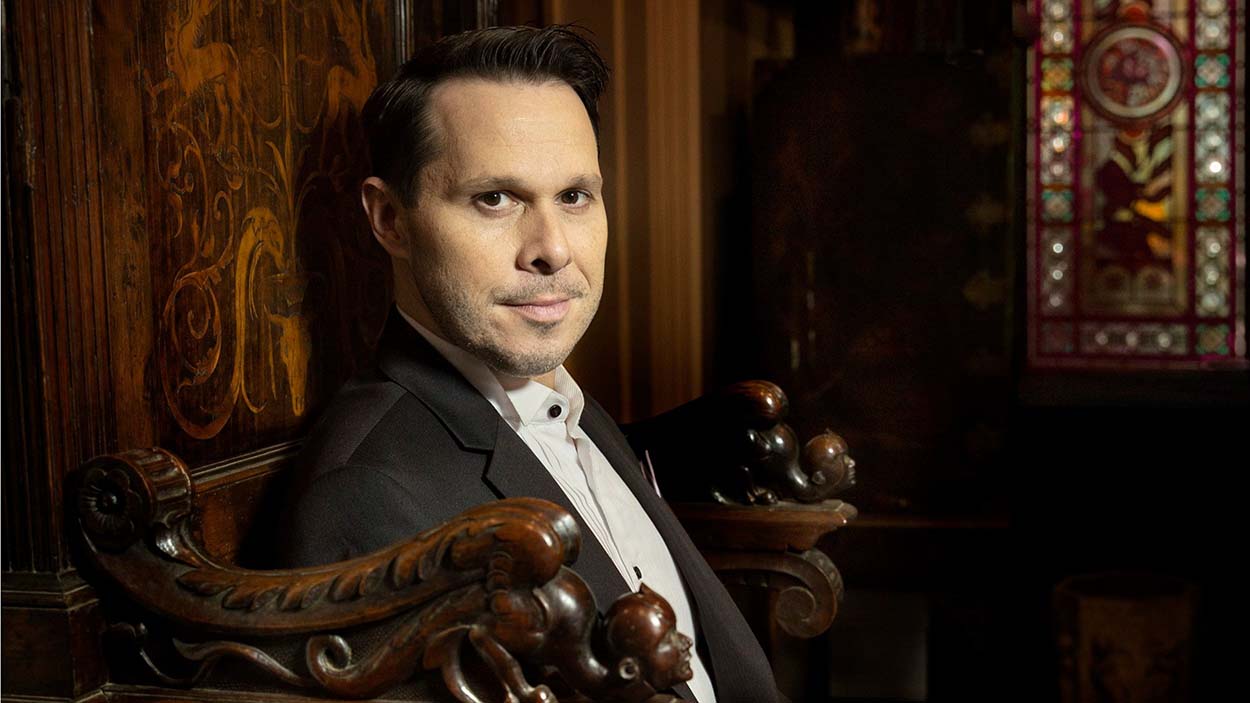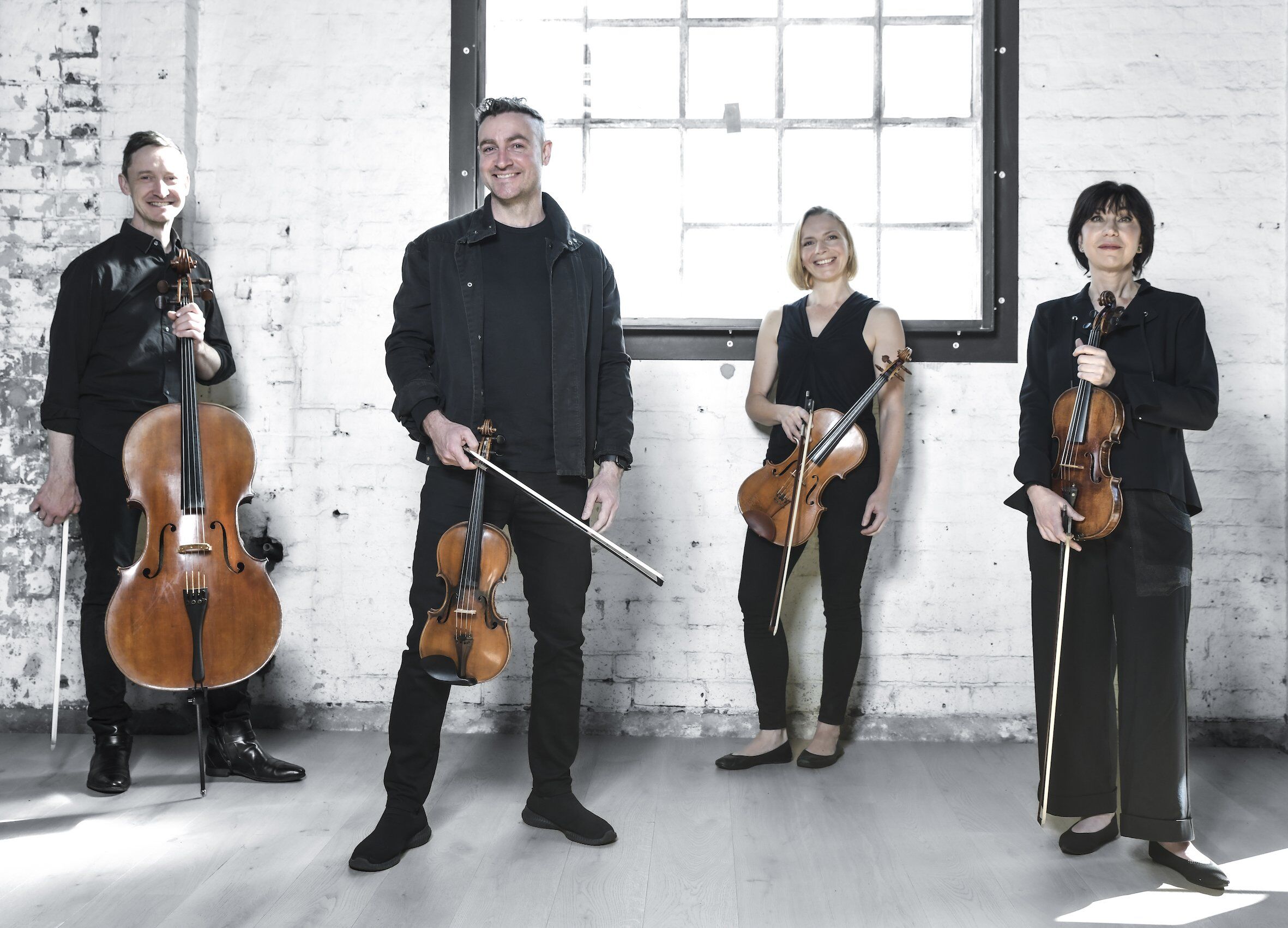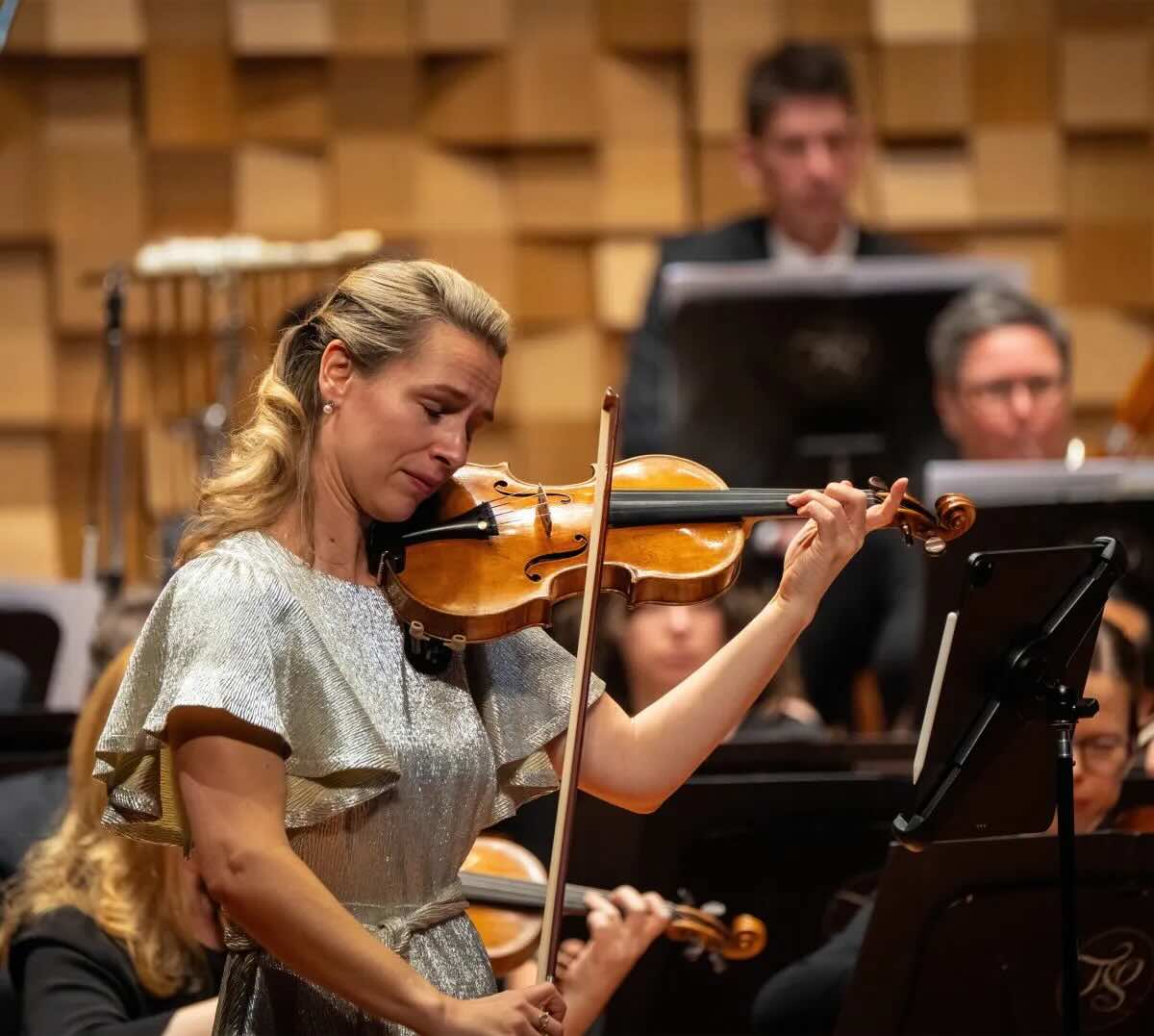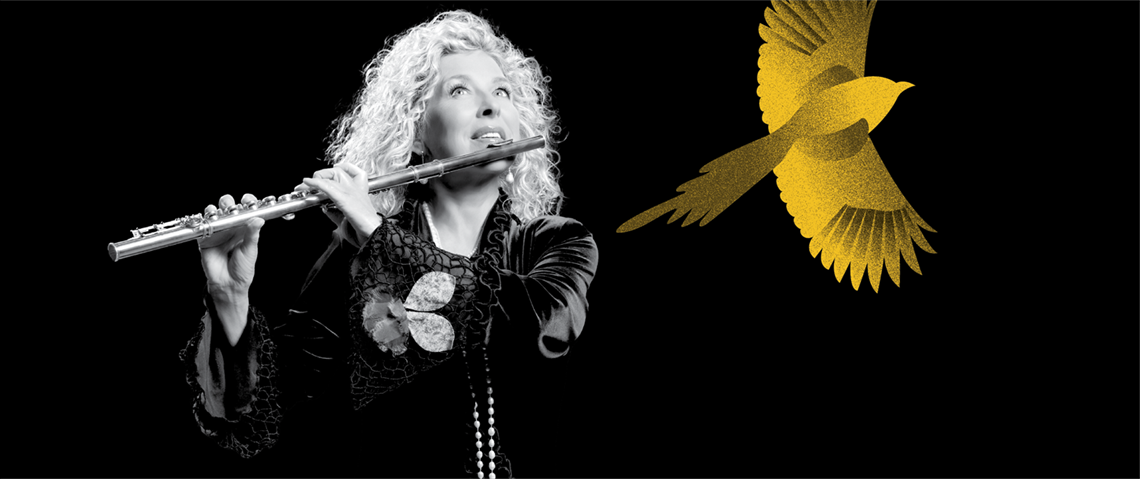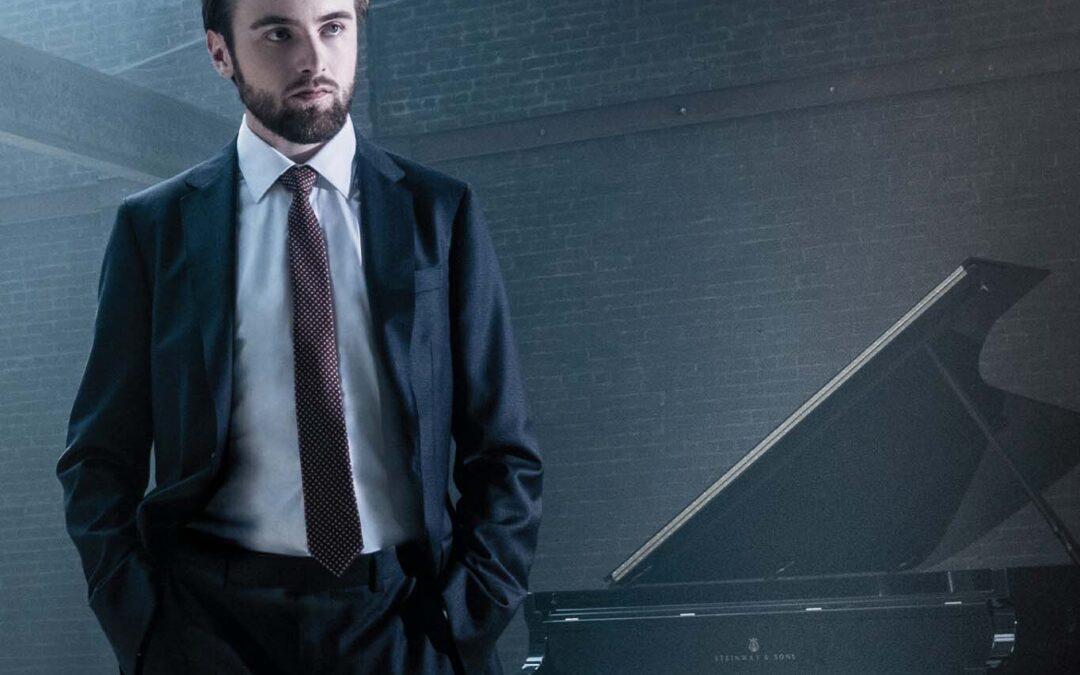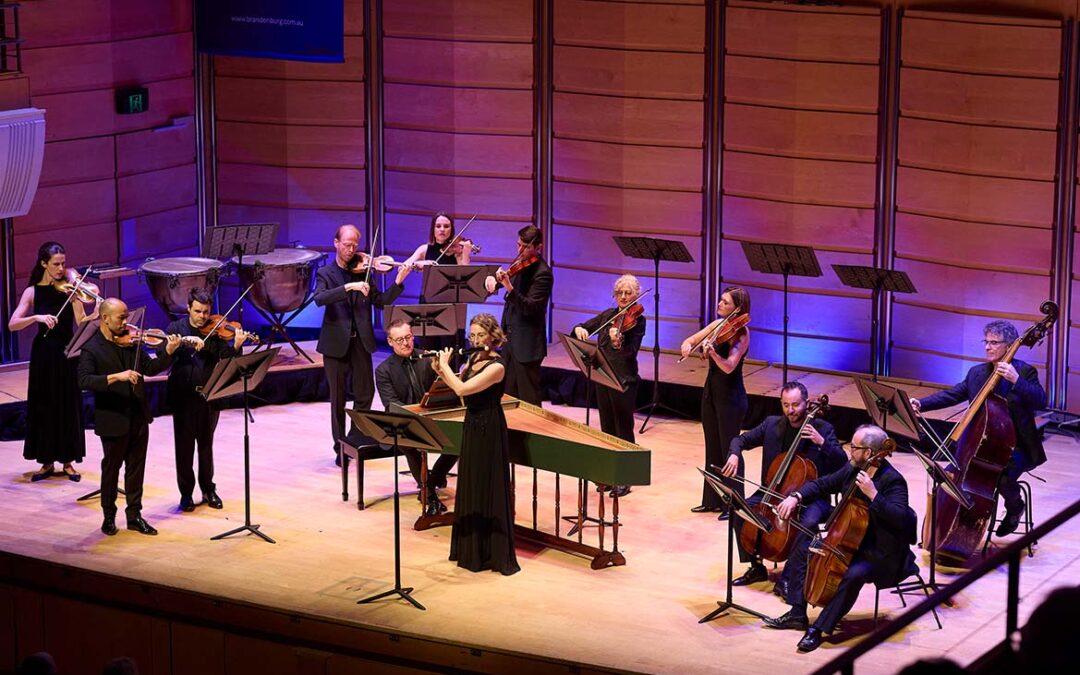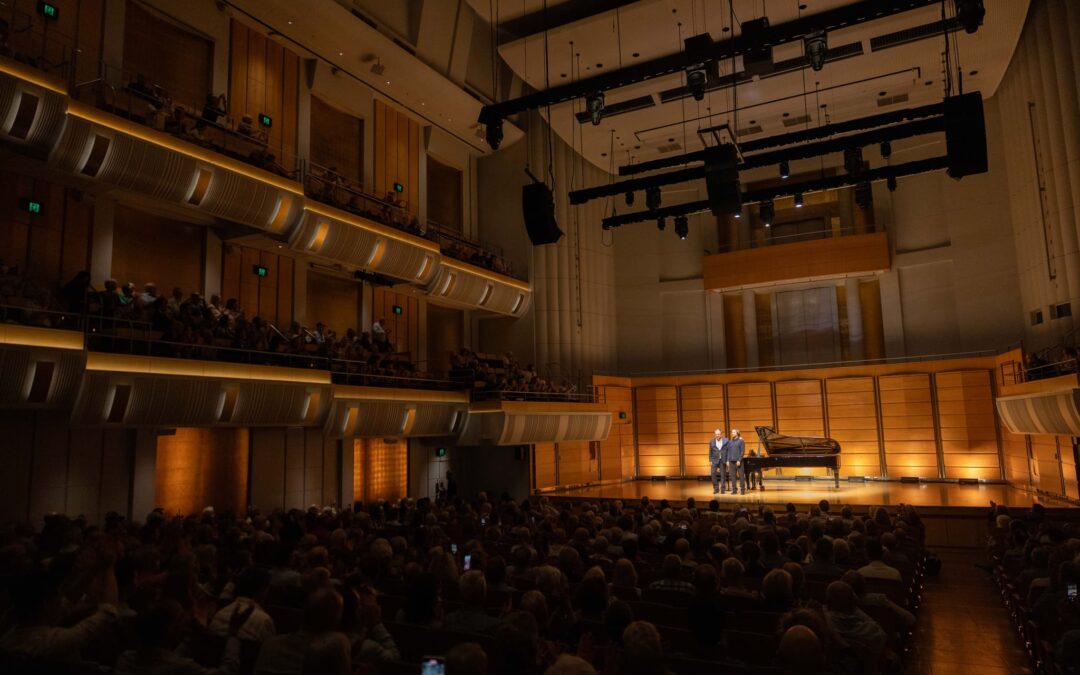Concerts featuring Josie and the Emeralds are always a delight and this was no exception. Entitled ‘Fantasy’ and held in Glebe Town Hall on Friday 26th April, a crowd of regular devotees and many new faces were treated to Fantasias and fantasy-inspired music composed for viols and voice.

Brooke Green, as founder and Director of the group, needs no introduction to lovers of Renaissance and Baroque music played on the viol, which was a popular stringed instrument in the 16th and 17th centuries, with its own distinctive sound. Established in 2011, Josie and the Emeralds have a history of inviting world-renowned guest artists to perform with them.
In 2015 the Viola da Gamba world excitedly learned that twelve solo Fantasias by Telemann had been rediscovered in the Lower Saxony State Archive. Although it was known that these works were published in 1735, it seemed that no copy had survived – until this discovery.
Richard Boothby, who is Professor of Viola da Gamba at the Royal College of Music in London and who founded the Purcell Quartet and co-founded Fretwork in 1985, recently made an acclaimed recording of the Telemann Fantasias. So, when Brooke heard that he would be visiting Australia this year, she invited him to include some of these Fantasies in this concert.
As a result, the Fantasy theme became the basis of the program itself. The two he so skilfully played solo in this concert definitely exhibited the qualities one is used to hearing in Telemann’s works: they were complex, musically rich pieces skilfully constructed, elegant and intense in a lively way.
The Allegro, which Richard chose to play as a solo piece, was by Carl Friedrich Abel (born 1723, in Germany, died 1787 in London). After playing in the Dresden court orchestra (1743–58), Abel went to London in 1759, where he was appointed chamber musician to Queen Charlotte in 1764. When Johann Christian Bach arrived in London in 1762, Abel and Bach became friends and also befriended the young Mozart when he visited London. He was also purported to be a friend of the artist Thomas Gainsborough. Abel enjoyed excessive living and when substantially inebriated apparently played better than ever. Abel’s solo viola da gamba music, preserved in two manuscripts once belonging to the Countess of Pembroke, present a very different view of the composer, revealing Abel to have been a highly personal, emotionally effective and disciplined musical voice. Richard was adeptly able to reveal this side of the composer.
He also played two modern works with tremendous musicality and integrity which showed the versatility of the viol.
The first called ‘Tender light’ by Param Vir (b 1952) was composed in 1996 and this was its Australian première. Delhi-born composer Param Vir is a leading figure in contemporary music. He moved to England in 1983 to study with Peter Maxwell Davies at Dartington and later with Oliver Knussen at the Guildhall School of Music and Drama. Vir’s work is inspired by varied sources drawn from world mythology, art and literature. His style is a synthesis of Western tradition and Eastern aesthetics, and Richard’s sympathetic and beautiful playing certainly brought out the themes of this unusual four-minute piece.
The second modern work was by David Loeb (b 1939), an American composer of contemporary classical music, entitled ‘Jiuta’ (1972), which is a solo for bass viol dedicated to Yukimi Kambe (Director of Yukimi Kambe Viol Consort). Born in New York City, Loeb has written extensively for early music instruments such as the viol, as well as instruments from Japan, as he moves back and forth between residences in New York and Kyoto. He has had a continuing involvement with writing for historical instruments, especially viols, since receiving a commission to compose a piece for an early music ensemble.
Brooke also engaged other well-known Australian players for this performance: Laura Vaughan, Catherine Upex and Daniel Yeadon. As the resident soprano of Josie and the Emeralds, Josie Ryan is herself a drawcard and acquitted herself more than admirably as she always does in her performances.
The program began with a short Fantasy for 3 basses by Thomas Lupo (1571-1627), who was one of the most prolific Fantasy composers of his time and one of the least represented in recent publications of such music. It is unusual to hear 3 equal sized viols playing together however Richard, Laura and David gave a polished performance of this short piece which began in sonorous tones and gradually became more animated and lively.
The three joined forces again most successfully later in the program, in a work by the French composer Jean-Baptiste Forqueray (1699-1782) entitled Trois pieces for 3 basses. He is most famous today for his 1747 publication of twenty-nine pieces for viol and continuo, most of which he attributed to his father, Antoine; he himself took credit for only three of these works. In the advertissements he states that he was responsible for the bass line (thus the figures as well) and the viol fingerings.
Josie’s animated rendition of 4 songs by William Lawes (1602-1645) accompanied by Richard was indeed a delight as her voice is so well-suited to making this music. Lawes is said to have been well-liked and a convivial companion, an impression possibly supported by the large number of drinking songs and catches (a part-song that in itself has strong associations with drinking) he composed. But above all it is in his music that William Lawes reveals himself to us as being a true, if enigmatic, romantic. The texts of his more serious repertory are almost universally drawn from Cavalier poets, such as Robert Herrick, one of the finest of all English lyric poets and also an Anglican parson. Herrick (1591-1674) was a melancholic eccentric who invented a fanciful world in his poems; a combination of pagan Rome and Christian England; of reality and fantasy. We were treated to four songs by Lawes, which were settings of Herrick’s poems: ‘The Cheat of Cupid; or The Ungentle Guest’, ‘Ah, cruel Love’, the hauntingly lovely setting ‘To Sycamores’ (I’m sick of love) and ‘To the Virgins, to make much of Time’.
Lawes was a loyal servant of Charles I and a member of his court. However, he was no professional soldier and while fighting with the Royalists during the English Civil Wars (1642–51) he was killed at the siege of Chester. This violent premature death unquestionably robbed England of a composer who would have played a major part in the re-establishment of musical activity that took place after the Restoration. He is most remembered today for his sublime viol consort suites for between three and six players, and his lyra viol music. His use of counterpoint and fugue and his tendency to juxtapose bizarre, spine-tingling themes next to pastoral ones in these works made them disfavoured in the centuries after his death; they have only become widely available in recent years.
Laura, Brooke, Catherine, Richard and Daniel joined together to play Consort Sett in A for 5 viols, which is the only five-part consort which includes two fantasias. They provided us with a challenging and fascinating experience as they expertly negotiated this technically demanding, daring and surprising music which the program notes describe as being the defining aspects of Lawes’ personality.
The whole company created a wonderfully balanced sound when they joined together to sing and play ‘O solitude’ by composer Henry Purcell (1659-1695). Hyperion Records tells us that the text was drawn by Purcell from three verses of Katherine Philips’ skilful translation of ‘La solitude’ by Antoine Girard de Saint-Amant (1594–1661). Philips, who died of smallpox in 1664, was one of the most popular poets of Purcell’s youth, and the theme of this poem had a personal appeal to her for, despite having literary friends in London, most of her life was lived in relative seclusion in Denbighshire. Purcell’s setting may date from around 1684/5, and is based on twenty-eight repetitions of a ground bass – the same one on which he had based the delicious symphony to the anthem ‘In thee, O Lord, do I put my trust’. Over this hypnotic bass Purcell illustrates the visionary text with the most ravishing melody, covering the regularity of the bass with overlapping vocal phrases and wonderful harmonic variety. Word-painting abounds: ‘O solitude’ recurs throughout the song, set with a selection of desolately falling intervals; ‘restless’ meanders in its melisma; ‘today as fresh and green’ optimistically rises through the scale; the harmony of ‘their hard fate’ turns marvellously; ‘woes’ droop and ‘as only death can cure’ drops to the bottom of the voice. ‘O solitude’ is one of Purcell’s masterpieces and was masterfully performed by the ensemble.
No performance by this group is complete without some of the works by Director, Brooke Green. As a composer Brooke writes mostly for viols and for Josie and the Emeralds, with recordings on their CD ‘The Emerald Leopard’ and videos on their webpage. The first song ‘Spears’ is set to the text of the poem by the celebrated Australian poet, Dorothy Porter, and its superb performance from this concert can be viewed here.
In this fantasy, an old man on his deathbed desires the powerful indigenous spears which had been entrusted to him but were cruelly and deliberately taken away from him in a fire in the shed where they were being housed. He now is desperate to have them back as he walks through ‘this Valley of Unknowing’. The tension builds up with the constantly moving parts against the descending bass viol line and culminates in the last few bars as the two bass parts rise up to meet the old man’s final demand.
The final item was ‘Summer, Shards and Sharks’, and Brooke told us that the inspiration for this work was the south east coastline of Australia where often one can view the beach through shards of light from the ‘bush’ on the shore-line.
Indeed, this was a fitting end to a superbly programmed and executed concert. Yet again the Emeralds shone brightly and required no polishing.
I eagerly await their next performance in the Glebe Town Hall on Sunday 24th November as part of the Glebe Music Festival. This will be a celebration for St. Cecilia’s Day ‘Dowland’s Lachrimae’ and will feature Simon Marrtyn-Ellis on the lute, Josie Ryan (soprano), and Laura Vaughan and Brooke Green on viols.
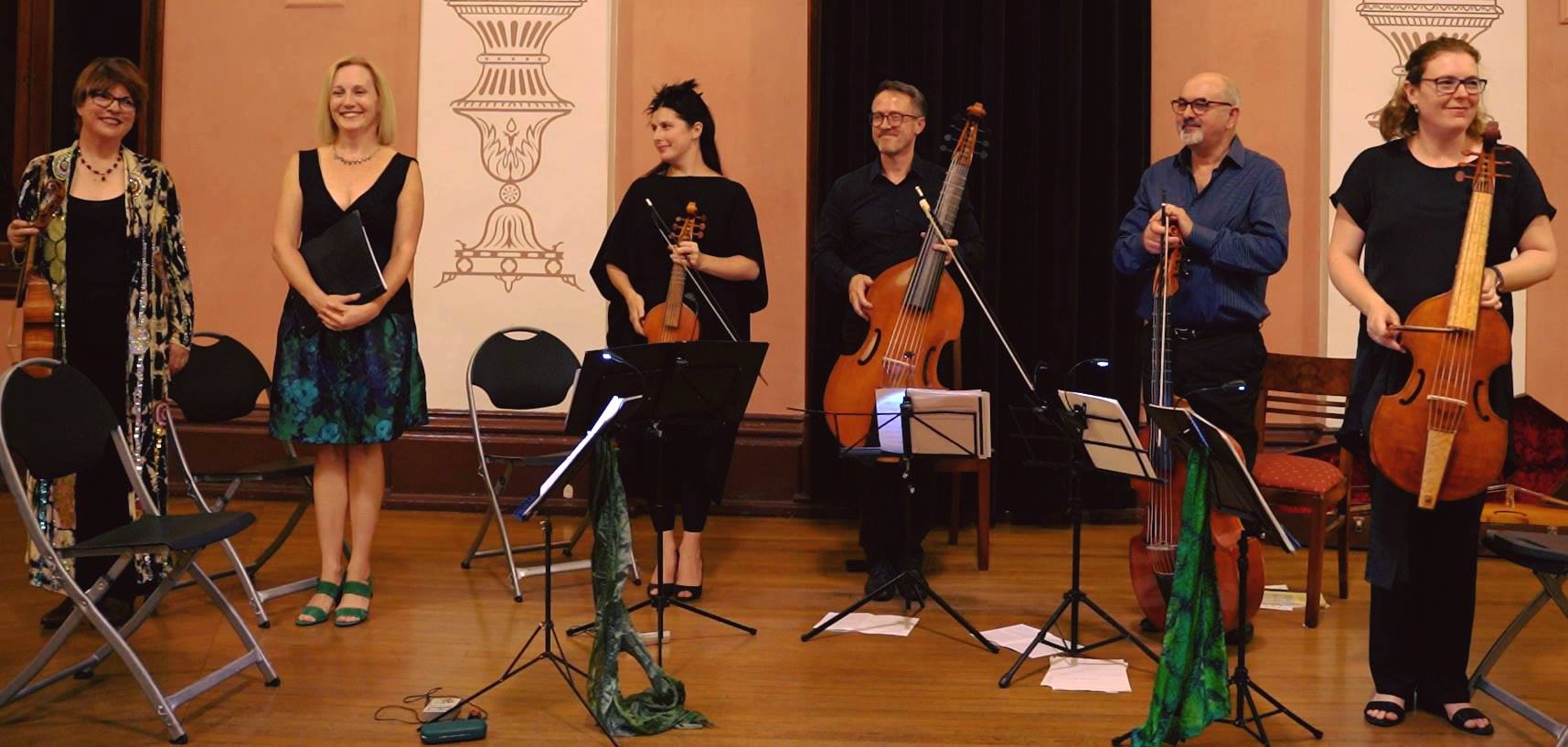
Thoughts about:
![]()


